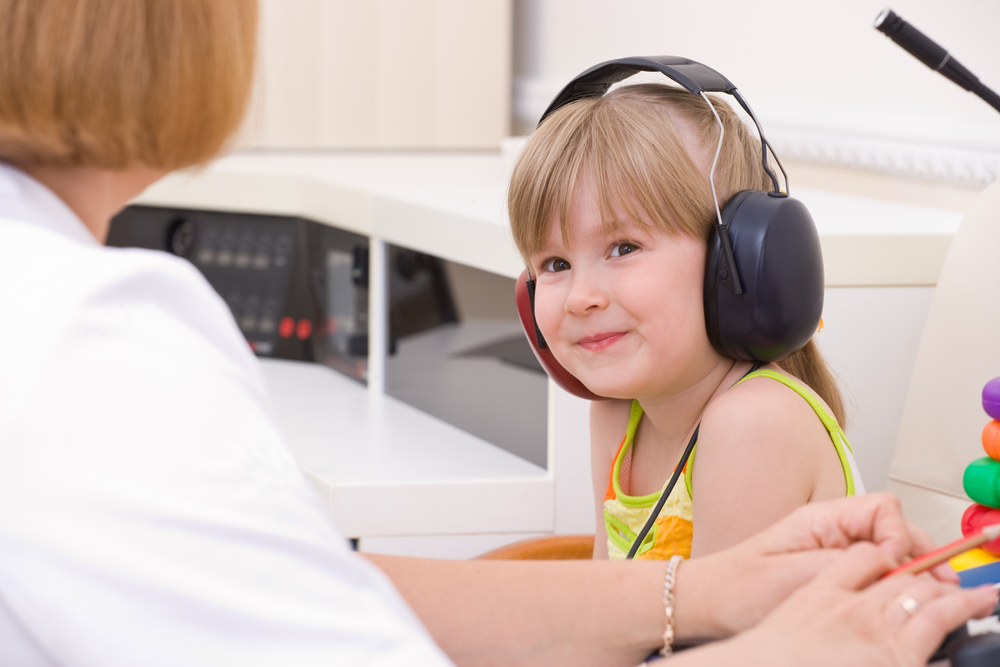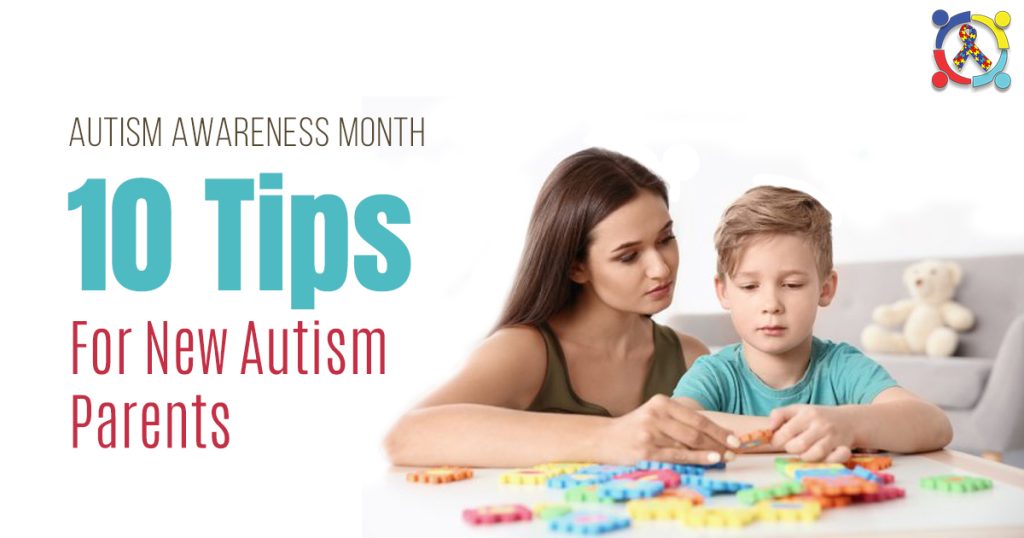Worried about your toddler’s speech delay? You’re not alone.
Many parents notice their child isn’t speaking as expected and wonder if a hearing issue might be the cause. Your child’s ability to hear plays a crucial role in their speech development. Understanding the connection between hearing and speech is key to ensuring your little one gets the support they need.
You’ll discover why a hearing test could be a vital step in addressing speech delays, helping you make informed decisions about your child’s health. Stay with us to learn how early intervention can make a difference in your toddler’s speech journey and give you peace of mind.
Identifying Speech Delay
Identifying speech delay in toddlers often involves a hearing test. Early detection is crucial for addressing speech challenges effectively. Regular hearing assessments can help pinpoint issues, enabling timely intervention for improving communication skills.
Speech delay in toddlers can be concerning for parents. Early identification helps address the issue effectively. Parents should observe their child’s speech and language development closely. Recognizing signs early can lead to timely intervention. This section explores signs and common causes of speech delay.
Signs Of Speech Delay
Toddlers may show signs of speech delay in various ways. Some may struggle to form basic words by age two. Others might not follow simple instructions. Lack of interest in communication can be a sign. Limited vocabulary compared to peers often indicates a delay. Parents should watch for inconsistent speech patterns. Difficulty in expressing needs verbally is another key indicator.
Common Causes
Several factors contribute to speech delay in toddlers. Hearing problems often impact language development. Ear infections can affect hearing abilities. Genetic factors may play a role too. Environmental influences like lack of exposure to speech can hinder progress. Developmental disorders such as autism might also cause delays. Identifying the cause helps in choosing the right intervention. “`

Credit: speechblubs.com
Importance Of Hearing Tests
Identifying speech delays in toddlers often starts with hearing tests. Early detection of hearing issues can prevent further speech development problems. Regular hearing checks ensure timely intervention, fostering better communication skills in young children.
### Importance of Hearing Tests Understanding the significance of hearing tests for toddlers is crucial. When your child experiences a speech delay, it might be linked to hearing issues. Early detection through a hearing test can lead to effective intervention and support. ###
Link Between Hearing And Speech
Hearing and speech development are closely related. If a toddler has trouble hearing, they may struggle to develop language skills. Imagine trying to learn a language without hearing it clearly—it’s challenging, right? A hearing test can identify issues that may hinder speech development. By addressing these issues early, you can support your child’s communication skills. Have you noticed any signs that your toddler might not be hearing well? ###
Types Of Hearing Tests For Toddlers
Several hearing tests can assess your toddler’s hearing ability. One common test is the Otoacoustic Emissions (OAE) test. It measures sound waves produced in the inner ear and is painless and quick. Another is the Auditory Brainstem Response (ABR) test. This evaluates the hearing nerve and brain pathways, providing a detailed analysis of hearing capability. Both tests are non-invasive and can be done in a short amount of time. Have you scheduled a hearing test for your toddler yet? It could be the first step toward understanding and supporting their speech development.
Early Intervention Strategies
Early intervention strategies can make a significant difference in addressing hearing test toddler speech delay. Identifying and acting upon delays at an early stage can help your child catch up and develop essential communication skills. These strategies involve a combination of professional support and parental involvement, each playing a crucial role in fostering your toddler’s speech and language development.
Professional Support Options
Finding the right professional support is critical in managing speech delays. Speech therapists are trained to evaluate and address language challenges, offering tailored exercises to enhance communication skills. Audiologists also play a role by assessing hearing and ensuring any hearing aids are properly calibrated.
Consider enrolling your child in specialized early childhood programs. These programs provide structured environments where language development is a priority. They often include regular progress assessments and personalized intervention plans.
Have you ever wondered how impactful a simple hearing test can be? It’s the first step in understanding the root cause of speech delay, guiding the path to effective interventions.
Parental Involvement Techniques
Your involvement is as vital as professional support. Daily interaction with your toddler can significantly boost their speech development. Engage in frequent conversations, even if they’re one-sided at first. Describe your actions, surroundings, and ask questions—even if they can’t answer yet.
Use interactive activities like reading books together or singing songs. These activities enhance vocabulary and listening skills while strengthening your bond. Make it a routine, and let your enthusiasm be contagious.
Have you tried keeping a speech diary? Tracking your child’s progress can reveal patterns and provide insights into effective strategies, helping you adapt your approach as needed.
Remember, you are your child’s first teacher. Your patience, encouragement, and support lay the foundation for their communication journey. Every little step counts, so celebrate the small victories along the way!

Credit: www.healthychildren.org
Speech Therapy Benefits
Speech therapy can be a game-changer for toddlers experiencing speech delays. It offers a personalized approach to help children develop essential communication skills. By addressing the root causes of speech issues, therapy empowers your child to express themselves effectively and confidently.
How Speech Therapy Works
Speech therapy is not just about practicing words; it’s a holistic approach. Therapists assess your child’s unique needs and design activities that stimulate speech and language development. This can include interactive games, storytelling, and role-playing.
Imagine your child engaging in a fun game where they learn new words. They might be building blocks and naming each one, like “red block” or “big block”. Activities like these make learning enjoyable and effective.
Therapists also work on articulation, helping your child pronounce words correctly. They use techniques that are easy to grasp, ensuring your child progresses without pressure.
Success Stories
Consider Sarah, whose son struggled to string sentences together. With regular speech therapy, her son began speaking in complete sentences within months. The joy of hearing his first coherent sentence was priceless.
Another parent, Tom, shares how his daughter, once shy and quiet, now confidently narrates stories. Her speech therapy sessions focused on building vocabulary through picture books, and the results were astonishing.
Your child can experience similar growth. Speech therapy is a journey, and each small step is a victory. Have you noticed any improvements in your toddler’s communication skills?
Speech therapy offers tangible benefits and can be a transformative experience for toddlers with speech delays. By engaging your child in tailored activities and addressing specific issues, it paves the way for effective communication skills.
Home-based Activities
Supporting toddler speech development at home is crucial. Simple, fun activities can make a big difference. Parents can help by engaging in interactive games and storytelling. These activities build language skills and boost confidence. Let’s explore some effective methods.
Interactive Games
Games offer a playful way to learn. Use games like “Simon Says” to teach new words. These games improve listening and understanding. Simple action games can also help. Say “jump” and show the action. This links words with movements. Make sure to use clear words. Repeat often to reinforce learning. Interactive games make speech learning fun.
Storytelling And Reading
Reading books is vital for speech growth. Choose colorful and simple stories. Read aloud to your toddler daily. This exposes them to new vocabulary. Ask questions about the story to engage them. Encourage them to repeat phrases. Storytelling helps in creating connections between words and meaning. It can ignite imagination and curiosity.
These home-based activities enhance speech development. They are easy to implement. They provide a strong foundation for communication skills.
Monitoring Progress
Regular hearing tests can help track toddler speech progress. Early detection of hearing issues aids timely intervention for speech delays. Parents should consult specialists for personalized guidance and monitoring.
Monitoring progress in your toddler’s hearing test and speech delay journey is crucial. As a parent, you want to see your child thrive and reach developmental milestones. Understanding how to track improvements and adjust strategies can help you support your toddler effectively.
Tracking Improvements
Keeping an eye on your toddler’s progress is essential. Are they responding to sounds better? Are new words being added to their vocabulary? Simple activities, like playing sound-based games or reading together, can show improvements over time. Consider maintaining a journal of their milestones. This can help you notice patterns or changes. Sharing this journal with therapists or doctors can also provide valuable insights.
Adjusting Strategies
Sometimes, the strategies that worked initially might not yield the same results. Don’t be afraid to tweak your approach. If sound-based games aren’t engaging your toddler, try incorporating more visual aids. Maybe use picture cards to associate words with images. Discuss with professionals to find new techniques. They might suggest interactive tools or apps that align with your child’s interests. Are you noticing changes in your toddler’s behavior or communication style? Could these be signals to shift your strategies?
Building A Support Network
Building a support network helps parents navigate hearing tests and address toddler speech delays. Connecting with professionals and other families provides guidance and reassurance. Sharing experiences fosters understanding and promotes early intervention strategies.
Building a support network is crucial when navigating the challenges of a toddler’s speech delay. By surrounding yourself with the right people and resources, you can better understand your child’s needs and foster their development effectively. This network not only provides emotional support but also offers practical advice and insights that can make a real difference.
Connecting With Other Parents
Meeting other parents facing similar challenges can be incredibly comforting. They understand your struggles and can share experiences, tips, and successes. Joining a local parenting group or an online forum can be a great way to connect. You might find that another parent’s solution to a problem is exactly what you needed.
Accessing Community Resources
Your community likely has resources dedicated to supporting children with speech delays. Local libraries often host storytime sessions that encourage language development. Community centers may offer speech therapy workshops or classes. By tapping into these resources, you can access professional guidance that complements your efforts at home.
Consider reaching out to your pediatrician for recommendations on local services. They can point you toward speech therapists or educational programs designed for toddlers. Have you explored every available option in your area? By building a strong support network, you’re setting a solid foundation for your child’s progress. This journey can be challenging, but you’re not alone.

Credit: www.youtube.com
Frequently Asked Questions
Can Hearing Problems Cause Speech Delay In Toddlers?
Yes, hearing problems can cause speech delays in toddlers. Children need to hear sounds to learn speech. Early detection and treatment are crucial for improving speech development. Consult a pediatrician if you suspect hearing issues.
What Tests Are Done For Speech Delay?
Doctors conduct hearing tests, speech evaluations, and cognitive assessments to diagnose speech delay. A pediatrician might refer to a speech-language pathologist for detailed analysis. Early intervention can aid development and improve communication skills.
How Accurate Are Toddler Hearing Tests?
Toddler hearing tests are generally accurate, using advanced technology to detect hearing issues. Early diagnosis improves outcomes. Tests are tailored to the child’s age and development level, ensuring reliability. Professional audiologists conduct these tests, providing confidence in their precision and effectiveness.
Regular check-ups are recommended for ongoing assessment.
At What Age Is A Toddler Considered Speech Delayed?
A toddler is considered speech delayed if they cannot say simple words by 18 months or form sentences by 2 years. Early intervention is crucial for effective treatment. Consulting a pediatrician can help identify potential causes and offer guidance for speech development.
Conclusion
Detecting speech delay in toddlers is crucial for their development. Regular hearing tests help identify underlying issues early. Addressing these can improve communication skills. Parents should consult specialists for accurate assessments. Early intervention aids in better speech outcomes. This proactive approach benefits a child’s learning journey.
Remember, every child develops uniquely. Patience and understanding are key. Stay informed about resources available. Support from family and professionals makes a big difference. Focus on creating a nurturing environment. Encourage speech through daily interactions. Small steps make significant progress.
Prioritize your child’s needs for optimal growth.

